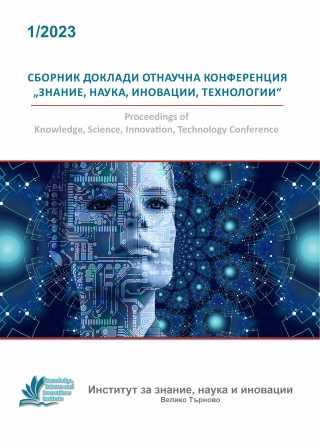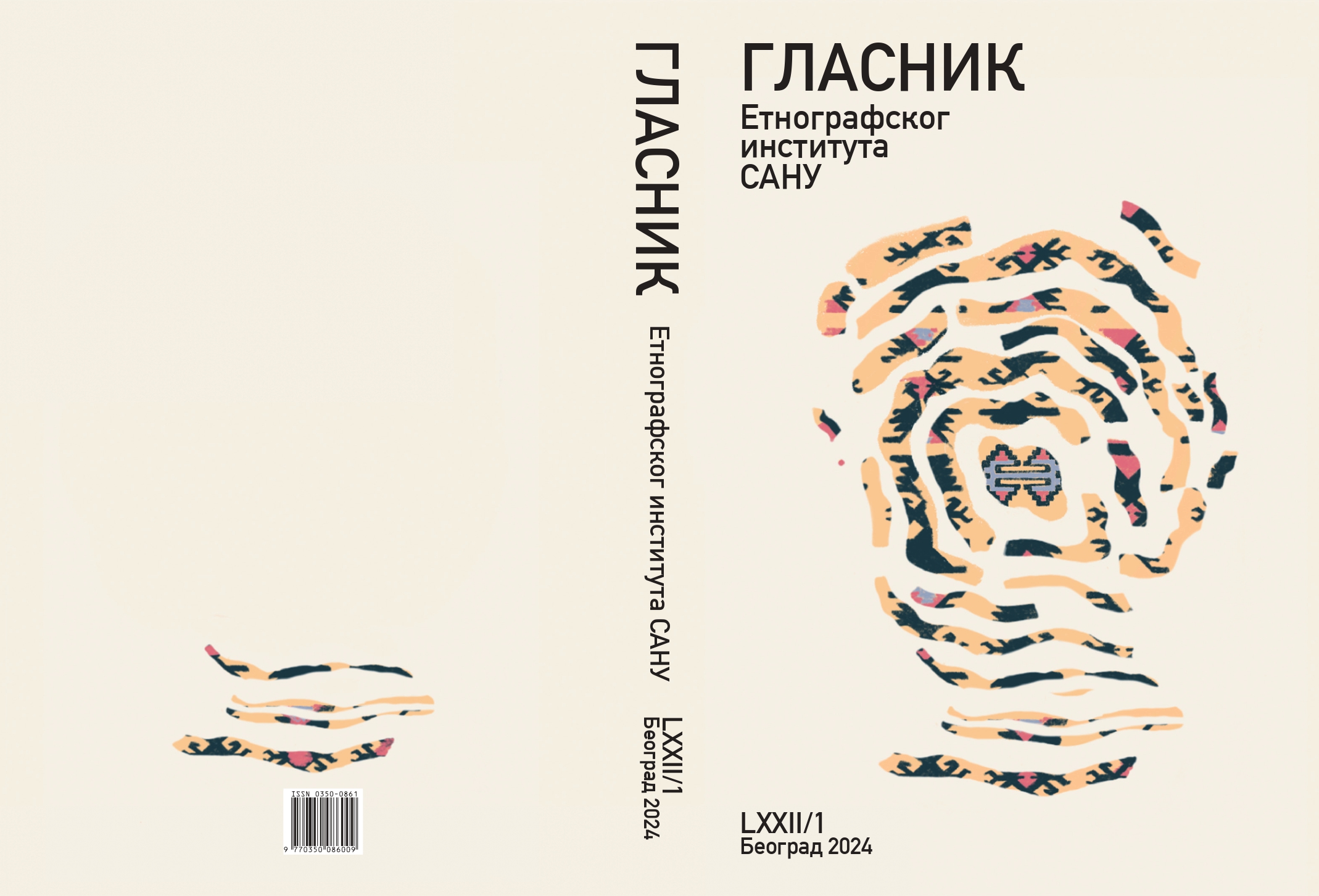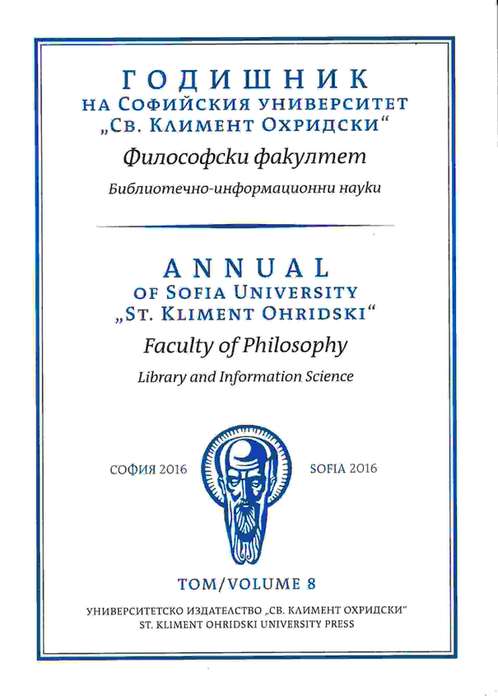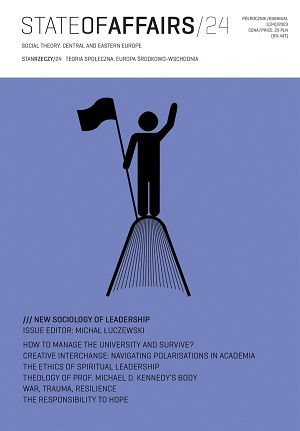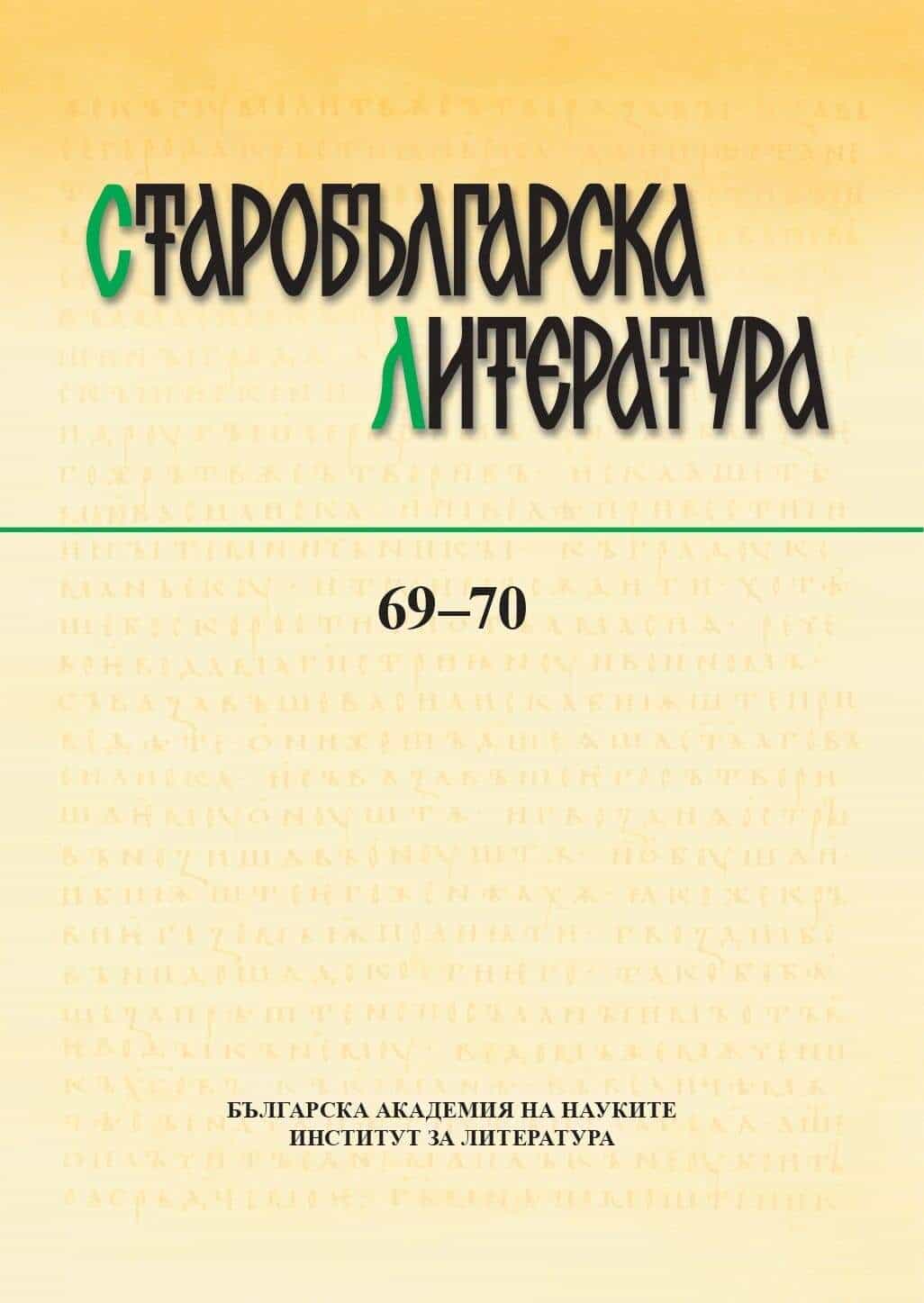Author(s): Nina Gagova / Language(s): English
Issue: 69-70/2024
This article discusses the dissemination of biblical content in the South Slavic repertoire from about the mid-fourteenth to the mid-fifteenth century, during a period when the End of the World was expected (by the end of the year 7000 or AD 1492). The specific subject of research is the dissemination of biblical writings and rewritings through historiographical works based on translations from Greek, along with a case study. The main purpose of the article is to analyze the historiographical part of manuscript No. 105 from the Zographou Monastery on Mount Athos (Zogr. 105), which contains a reworked version of the Chronicle of John Zonaras in its Slavonic translation, two accompanying texts related to the Legend of Constantine the Great, and an original Slavonic composition of predominantly historical content – the Life of the Serbian Despot Stefan Lazarević. This manuscript, dating from 1433, is an autograph of the famous South Slavic man of letters Konstantin of Kostenets, a translator, diplomat, and philosopher at the court of the despot Stefan Lazarević (1389–1427), and the author of his Life.As an introduction, the article provides a brief overview of the South Slavic repertoire from the mid-fourteenth century to the 1430s that is related to the topic, including Old Testament biblical books, Byzantine chronicles, and a specific repertoire of parabiblical and apocalyptic texts, all influenced by the advance of the Ottoman invasion and the spiritual atmosphere of the Last Times. After presenting MS Zogr. 105, special attention is paid to the main text of its historiographical part – the so-called “abridged Zonaras”. The study reveals that this text is a unique version prepared by Konstantin of Kostenets based on his summary of the Slavonic translation of John Zonaras’ Ἐπιτομὴ Ἱστοριῶν, interpolated with fragments of other sources. The analysis focuses on the composition of the Old Testament section of this new text, where interpolations, predominantly deriving from the Prophethologion, transformed World History into Sacred History. The article then examines the Life of Despot Stefan Lazarević, tracing its modeling as an end-of-times narrative through quotations of the Old Testament and imitations of significant stories from it and from apocalyptic narratives. The analysis leads to the conclusion that the historiographical part of Zogr. 105 followed a coherent concept, aiming to present the Sacred History from its very beginning to its end and to “register” the Serbs and their “last righteous ruler” within it, while Konstantin’s version of the Slavonic Zonaras was designed to support the integration of the Life of Despot Stefan into the overall narrative and to ensure its correct understanding. In conclusion, attention is also drawn to the fact that Konstantin’s concept of Sacred History is similar to that of Archivski Chronograph, which was also composed in anticipation of the End of the World but about the mid-seventh millennium, i.e. by the end of the tenth century. The analogy between them suggests that living in the Last Times actualizes the topic of God’s plan and activates a reinterpretation of Sacred History. In both cases, the substitution or expansion of biblical retellings with original texts from the Bible, combined with the inclusion of the “own people” in Sacred History, appears to be decisive in the process.
More...
